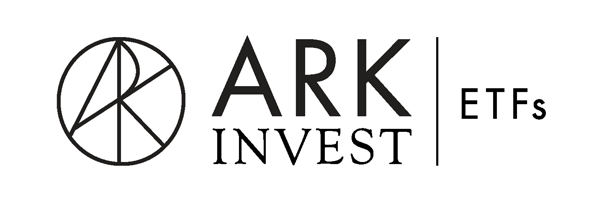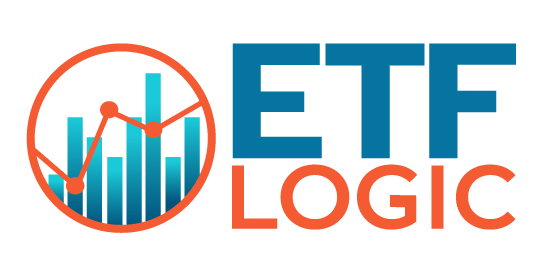Should investors be exposed to artificial intelligence, space or robotics? The answer is it does not really matter in ETF land with many thematic ETFs using the same stocks to offer exposure to different megatrends.
The issue bubbled to the surface following the launch of the Ark Space Exploration and Innovation ETF (ARKX) on 30 March which surprisingly included stocks not typically associated with space such as Netflix, Alibaba and JD.com.
These tech giants have a habit of being included in thematic ETFs as they operate across multiple industries and sectors. This has enabled ETF issuers to justifysome certainly questionable inclusionsin the megatrends they offer.
With many of the same names typically dominating thematic ETFs, this can lead to return correlations investors should be aware of.
Taking Ark Investment Management’s range, the firm’s flagship $24bn ARK Innovation ETF (ARKK) has a 94.6% correlation with the ARK Next Generation Internet ETF (ARKW) and a 91.8% correlation with ARK Autonomous Technology & Robotics ETF (ARKQ), according to data from ETFLogic. Correlations are calculated on weekly returns over the past year.
As Emil Tarazi, founder and CEO of ETFLogic, toldETF Stream: “Inthe thematic ETF space, there has been an increase in correlation across indices. Investors may believe they are investing in clean energy or robotics but in reality they are long a combination of momentum or growth. A crowding-out effect drives asset returns in these narrow thematic spaces.”
A key issue lies in the problem many of these themes do not have enough publicly listed companies for issuers to wrap into an ETF. As a result, they include companies that are only partially involved in the megatrend.
One example of this is blockchain. There are currently two ETFs in Europe that offers exposure to the space, the $1.2bn Invesco Elwood Global Blockchain UCITS ETF (BCHN) and the First Trust Indxx Innovative Transaction & Process UCITS ETF (BLOK), however, the size of the universe means many other issuers holding off launching their own strategies despite the attractive long term prospects of the theme.
In BCHN’s case, it includes companies such as Banco Santander, Rio Tinto and Mitsubishi which do not derive primary revenues from blockchain.
One solution has been for ETF issuers to work with industry experts to identify the companies directly involved in a theme’s growth. For example, WisdomTree partnered with Nasdaq and Bessemer Venture Partners in September 2019 to create the index for its $660m WisdomTree Cloud Computing UCITS ETF (WCLD).
While this may improve the intensity of the exposure, it can lead to potential liquidity issues as many of the companies directly involved in a theme’s progression tend to be smaller cap companies. If inflows skyrocket as seen with the iShares Global Clean Energy UCITS ETF (INRG), this can directly impact the price of the underlying companies and potentially cause liquidity risks if flows reverse.
For investors, taking all these factors into account when selecting a thematic ETF is crucial if they want to capture the long-term returns these megatrends offer on the surface.




